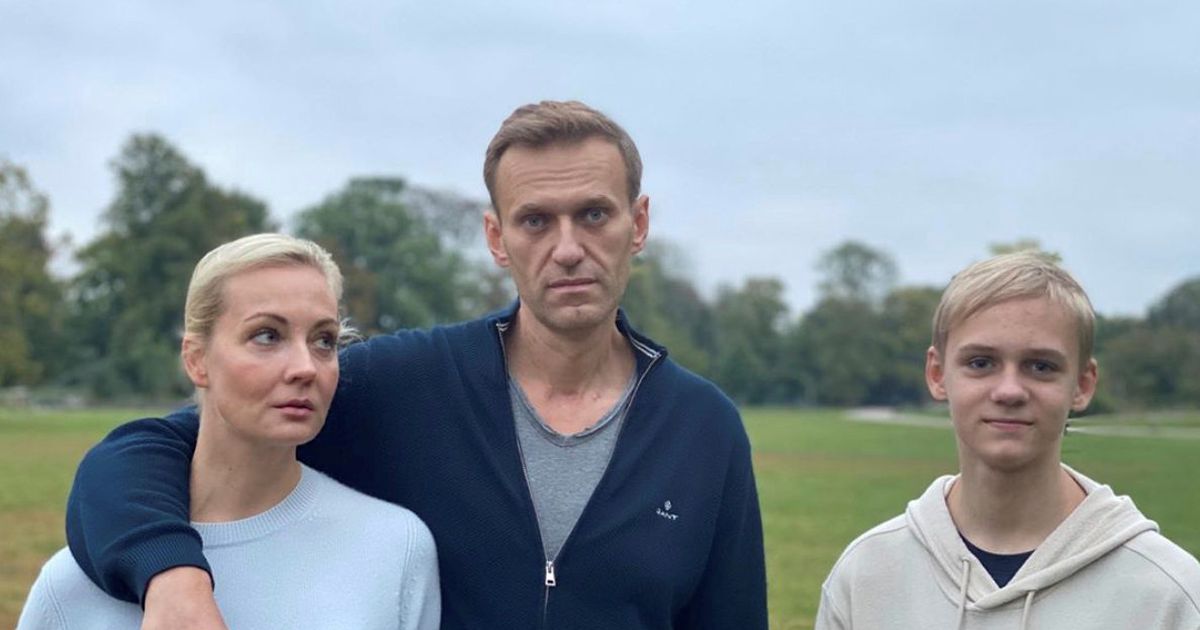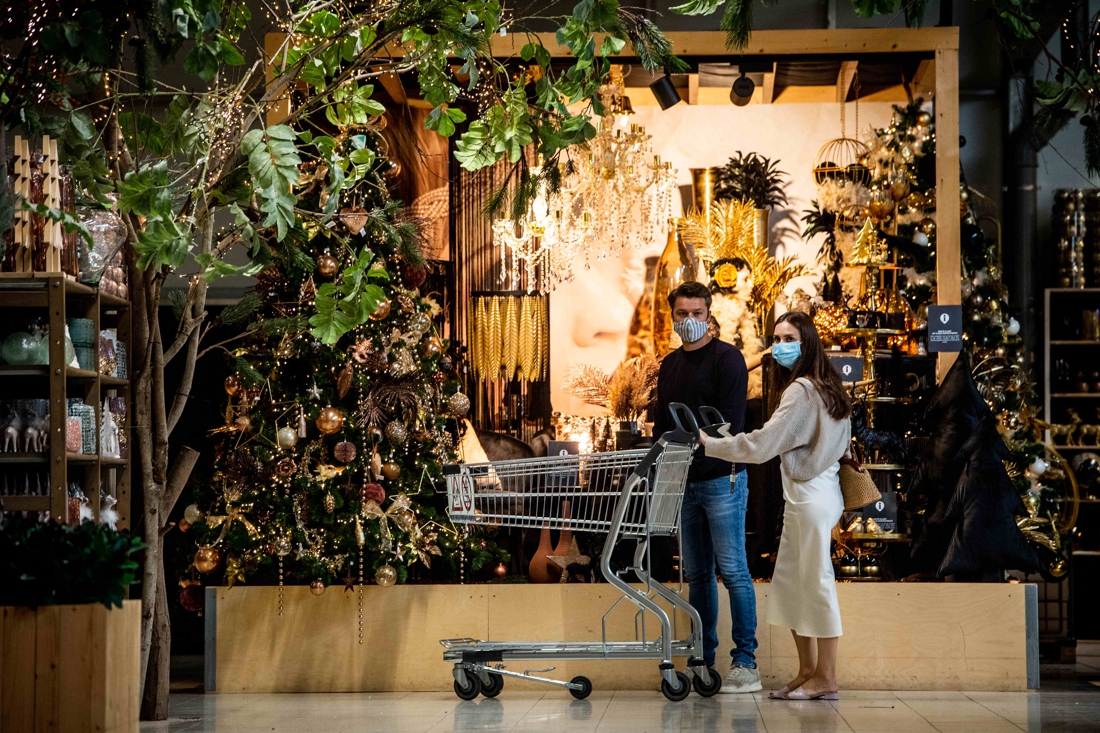He Malaga Festival closes its most unusual and difficult edition. After postponing its celebration in March, those responsible decided to move the contest to August and thus open the film season. With all the sanitary measures, reduced capacity, no red carpet, the Cervantes Theater has once again served as a showcase for Spanish cinema and to send a message to society, theaters are a safe space.
What is your assessment of this edition that has cost so much to carry out?
The balance that must be made of this 23rd edition so atypical and unique that we have lived is a vital balance, not so much quantitative. I think the fundamental thing was to be able to make that dream that we had a few weeks ago come true, materialize that dream and turn it into an edition in which we demonstrated that, with all the hygienic-sanitary measures and requirements proposed by the health authorities, many things can be done within those limitations. You can live, you can gain activity, look to the future and a brighter path. That is what we would consider the duty fulfilled in this edition, to be able to carry it out, and both the sector and the press and the public have recognized the effort made. It has been the most courageous and necessary edition in our entire history.
Have you slept any night this week?
I have slept little, really. And not because at night I have been making houses but because it is difficult to fall asleep when you have an issue as complex as this one. An edition in which we have been working for many weeks to develop a series of protocols, of contingency plans, that would allow the edition to be friendly and safe. That has been, to a large extent, the mantra that the entire festival team has had. An edition that would allow the reunion of the sector, that would allow the reunion of the public with the rooms and, on the other hand, that friendly concept that was complemented with an exhaustive security that would make the event not only possible to celebrate, but also that the public be completely confident and sure that cinemas are safe spaces. And, to a large extent also, coordinate our work with the campaign that the Ministry of Culture, ICAA and the Film Academy have developed with the slogan #YoVoyAlCine. I think that all of this was an enormously important challenge that has had the entire team applied to achieve it and personally, always in mind with it.
Malaga is one of the great showcases of Spanish cinema, was it also important for the industry to show that support to theaters at this time?
At the time when the ICAA and the Film Academy asked us that they wanted to carry out a necessary institutional campaign to support the return of the public to theaters, we at the festival immediately prepared to open the doors of our supports, of our infrastructures , from our team, to support that campaign. We have made a decision regarding this edition that some will have understood, others not so much, within a debate in which the idea of a face-to-face festival was opposed to that other trend that has occurred in online festivals. We said from the first moment that face-to-face is essential for the Malaga Festival, due to the density of programming and the volume of action, this festival needed to become an event, at least for a large percentage of its contents, face-to-face. Because it involves the meeting of the public with the sector, the sector with itself, the media with the sector, the public with the media … That is, it is a set of virtuous relationships that we were interested in maintaining. What lies behind this effort to make the festival in person is, neither more nor less, than to incite and ask the public that cultural spaces, cinemas, are safe spaces and that they return to theaters. At the time that this institutional campaign was presented to us, it seemed to us that the meeting of wills and interests was magnificent. And Malaga has become a milestone in that campaign, where we have carried out together with the normal photocall of the Festival a series of appearances, statements, little pills, with this motto. This collective effort should serve so that the public, in a more definitive and broad way, re-enter theaters, consume Spanish cinema and we can say that the sector is reactivated, which is what it needs in these fierce times.
Many people from the industry have come to a very varied official section, what is your feeling, what has the industry transmitted to you in the face of uncertainty?
We are living in times of great uncertainty and we have also passed a stage that is quite hard because the sector as a whole came to a standstill, from the filming of films to the theaters themselves that remained closed. In the middle of this process, we have been in contact with the entire sector and we have had all kinds of support and understanding from them. That idea that, if we could locate ourselves on another date of the year, specifically this one in August, a large part of the films that were in March would come. 80% have done so, to which others have joined for which they were not finally present. During these days at the festival I have had many opportunities to speak with the agents and representatives of the sector who have come, I already notice a certain illusion in the reactivation process. Filming has resumed, we even had a shoot here that ended a few days ago, La casa del caracol, Macarena Astorga’s debut film with Paz Vega and Javier Rey. Most of the movie theaters opened at the end of June and the public is gradually beginning to return. In this process, the coexistence of windows or alternation between the exhibition in cinemas and on VOD platforms remains to be resolved. The sector, precisely, with situations like the one we are experiencing, finds a catalyst for the reaction to take place and we all begin to think that, within these limitations, it can adjust to a certain normality. You can live within the limitations that have been imposed on us and I believe that the sector, with the example of coexistence and the meeting we have had in Malaga, again the exchange of ideas and criteria, is finding a way for this reactivation is produced. And I am noticing a certain courage also in the producers and distributors who have decided to support the #YoVoyAlCine campaign with their most important movie premieres. We cannot ask the public to come to theaters if there are no premieres or material that may be interesting. The premiere of Santiago Segura has been very notorious, also ‘Rosa’s wedding’, a film that opened our festival and is at the box office with a good success. Although other films, due to their size and due to the inability today to meet promotional expenses, have decided to go to platforms. We are at a time when theaters are going to recover and the coexistence with platforms is going to be something more sensible, more balanced. All this will be a sum that will allow us to multiply the result for Spanish cinema.
Did you know that ‘Europeans’ was going to be released on platforms?
I knew it, but I have known it recently, when the producer has told us. I have had the opportunity to speak with his producer, Jaime Gona, and he has explained to me the reasons why he has decided to premiere on platforms. But I will also tell you that other films at the time told me that, due to their size, they did not see it viable to go to theaters and had decided to go directly to platforms. And specifically now, after passing through the Malaga Festival and the success they have had in the public screening, they tell me otherwise. That they have planned a theatrical release and be able to make the film more profitable. Each film is a case, it has a different circumstance and you have to analyze this issue, of course in a general nature, but then stop at the detail and see the reason for each thing.In the end, everything makes sense and coherence is general in the sector right now.
Netflix was in the selection for March, didn’t you want to come this time? Because you have films in your portfolio, you don’t go to San Sebastián either, is there a policy of not going to festivals?
Our relationship with Netflix has been very close and close from the first moment. If you do a rereading of the last editions, Netflix movies have always been here in recent years and also with excellent complicity with them. We had a Netflix movie, ‘Secret Origins’, which was in the selection for March and we would have loved to have it come to the Festival. In conversations with those responsible for Netflix, they told us that there was a global policy of the company in which they do not consider it appropriate to attend festivals with their films, to none in particular. I cannot be more than respectful with this approach because I understand that they will have thought about it and analyzed it and it will have all the foundation. I’m not hiding that I would have loved for that film to be seen in theaters, but if Netflix is the one who has all its rights, it has estimated otherwise, I can only respect and accept it.
–


